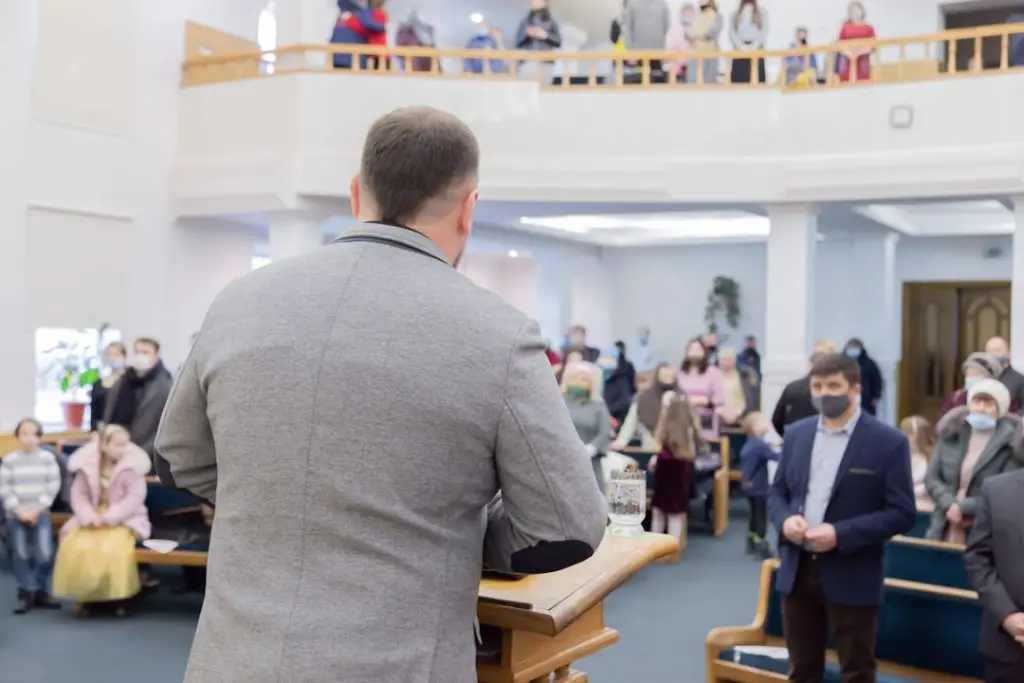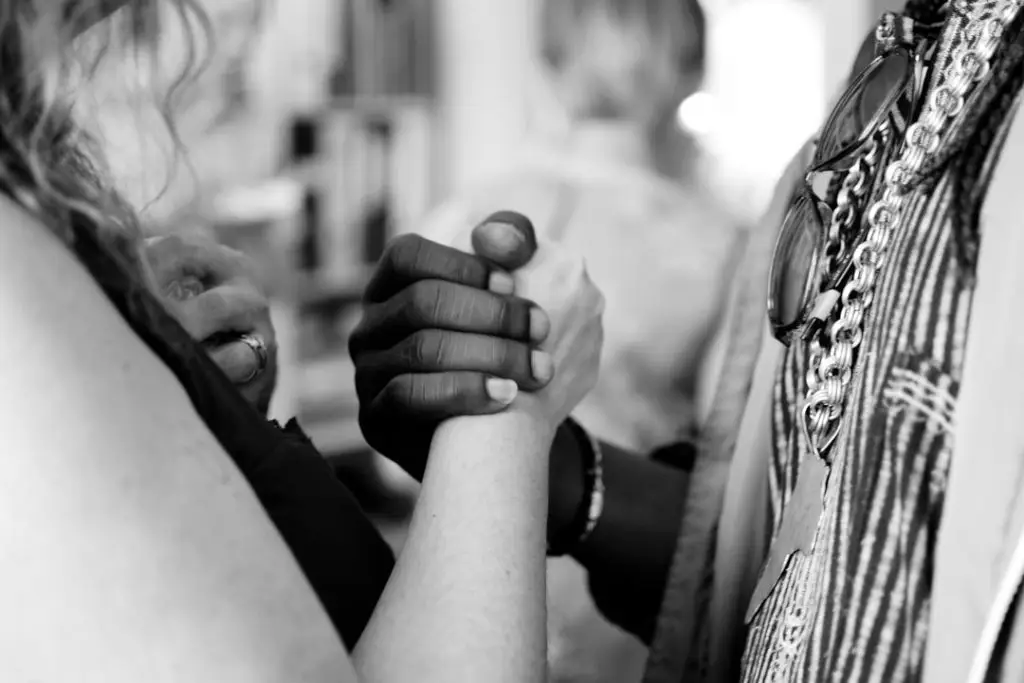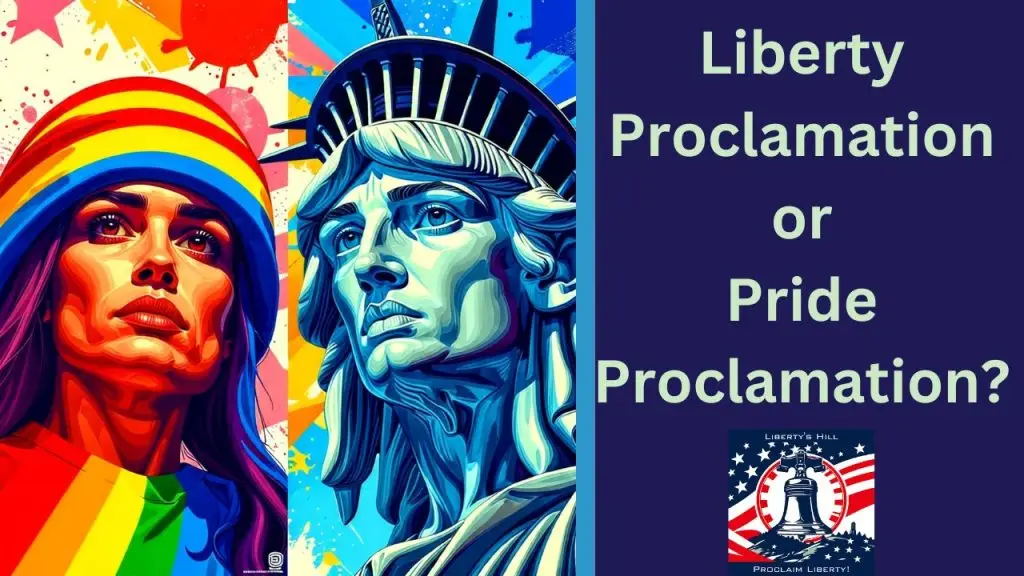Pride Proclamation or Liberty Proclamation?
Introduction
In an era where societal values often clash, the need for unity and understanding is paramount. Dr. Bill Brannan, a pastor from Liberty Hill, Texas, presents a compelling argument for a shift from pride proclamations to liberty proclamations. This discussion delves into the essence of true liberty, its implications for society, and how it can foster healing amidst division.
Photo by Swastik Arora on Unsplash

Photo by Diana Polekhina on Unsplash
The Proposal for a Liberty Proclamation
Last year, Liberty Hill, Texas, proclaimed June as pride month. This decision was met with various reactions, prompting Dr. Brannan to propose an alternative: a liberty proclamation. He sought to meet with the mayor to discuss this idea, emphasizing the foundational value of liberty and its potential to unite rather than divide.
During their meeting, Dr. Brannan presented drafts of a liberty proclamation, highlighting its importance in a culture that often categorizes and divides individuals. He argued that true liberty is essential for fostering a society where respect and tolerance reign.

Photo by Fabian Møller on Unsplash
The Impact of Pride Proclamations
The mayor’s decision to issue a pride proclamation was influenced by a tragic event involving a student who faced bullying for coming out as homosexual. This incident underscores the complexities surrounding such proclamations. While the intention behind the pride proclamation was to save lives and promote acceptance, Dr. Brannan questions its effectiveness in addressing the root causes of bullying and division.
He believes that proclamations driven by good motives can sometimes lead to counterproductive outcomes. Instead of fostering understanding, they may exacerbate divisions by creating an “us versus them” mentality, particularly among those who hold differing beliefs.

Photo by Cecilie Bomstad on Unsplash
Photo by Nicholas Bartos on Unsplash
Evaluating the Need for Change
Dr. Brannan’s letter to the mayor articulated his concerns about the potential divisiveness of a pride proclamation. He suggested that declaring June as liberty month could serve as a more inclusive approach, emphasizing the need to respect and uphold the freedom of thought, speech, and belief for everyone.
This perspective invites a broader discussion about how society can cultivate resilience and compassion in the face of bullying and discrimination. Rather than focusing solely on identity politics, the emphasis should shift towards nurturing a culture of empathy and understanding.

Photo by Sebastian Bill on Unsplash
Unity through Liberty
Dr. Brannan’s vision for a liberty proclamation centers on the idea that true liberty is the foundation of unity. He argues that by affirming the inherent value of every individual, regardless of their beliefs or lifestyle choices, society can begin to heal and move forward.
He posits that a commitment to liberty can create an environment where people are encouraged to engage in respectful dialogue, even when they disagree. This approach not only fosters understanding but also promotes a culture where individuals can flourish together.

Photo by Aarón Blanco Tejedor on Unsplash
The Role of Christians in Society
As a pastor, Dr. Brannan emphasizes the responsibility of Christians to approach discussions surrounding homosexuality and other contentious issues with love and respect. He believes that expressing disapproval or fear only contributes to the problem.
Instead, he advocates for a stance rooted in compassion, where the primary concern is the flourishing of others. This shift in mindset can help bridge divides and foster an atmosphere of acceptance, even among those with differing beliefs.

Photo by Edward Cisneros on Unsplash
Photo by Guillermo Diaz on Unsplash
Core Values for Healing
To create a better world, Dr. Brannan suggests a recommitment to core values, including the freedom of thought, belief, and speech. He believes that these values are essential for healing a divided society and promoting human flourishing.
By focusing on what unites rather than divides, individuals can work towards a shared vision of a society that respects and uplifts every person. This commitment to liberty can serve as a foundation for creating a more inclusive and compassionate world.
Photo by Arno Senoner on Unsplash

Photo by Tim Marshall on Unsplash
Conclusion
The call for a liberty proclamation instead of a pride proclamation is not merely a shift in terminology; it represents a deeper desire for unity and understanding in a world often marked by division. Dr. Brannan’s insights encourage us to reflect on how we can foster an environment where every individual is valued and respected.
Ultimately, the challenge lies in finding common ground amidst differing beliefs. By embracing the principles of liberty, we can work together to create a society where everyone can flourish, regardless of their background or convictions.

Photo by Daniel Curran on Unsplash
Photo by Vonecia Carswell on Unsplash


